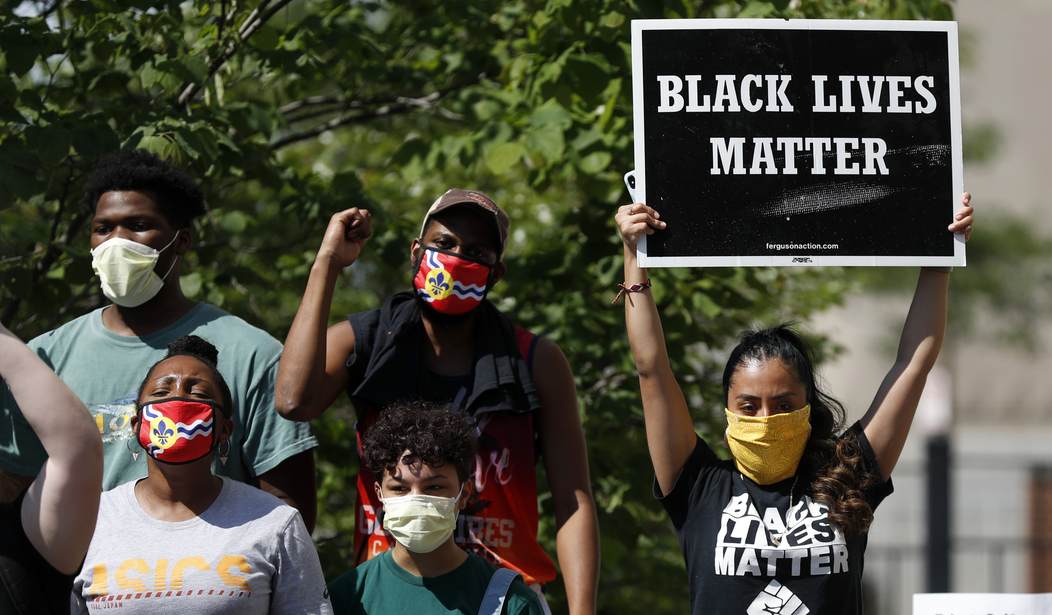On Juneteenth, the Associated Press announced it will capitalize “Black” when referencing people. AP executive John Daniszewski writes that now, “The lowercase black is a color, not a person.”
For white people? The AP is making that decision this weekend.
Who really cares if news articles capitalize one and not the other? You should.
It’s more than a mere capitalization. Symbolically elevating one race over another based on skin color is the literal definition of racism. And it’s creepy.
It leads to bizarre sentences such as:
· “The Black girl handed the white girl a pencil.”
· “We saw whites and Blacks unite against racism.”
· Or from a recent NY Times story: "The F.B.I. is investigating a confrontation between a Black man and a group of white men ..."
One can easily argue that both words have become stand-ins for race in American lexicon. A reasonable person could argue to capitalize them both. Or neither.
But it takes more than mental gymnastics to prioritize Black over white. It takes bigotry.
The rationale for prioritizing Black over white is weak at best. Some argue that whiteness is more disparate than blackness, who have a more similar shared history. Some blacks understandably find it wrong that “white” would then become the equivalent of normal, with blacks seen as a distinction from that norm instead of one of the many ethnicities who comprise America.
Recommended
Others balk because they say white supremacists love to capitalize their w. Yet making decisions about the English language based on David Duke’s nomenclature gives him and his cohorts more power than they deserve.
It’s not about logic, but virtue signaling. It’s the journalist equivalent of dropping to one knee when writing any article that mentions race.
This segregated gamesmanship with words doesn’t unite America, but further divides us at exactly the wrong time.
It’s good to see some organizations still standing for equality in language. The National Association of Black Journalists announced in June that “it is important to capitalize "Black" when referring to (and out of respect for) the Black diaspora." They go on to say that “whenever a color is used to appropriately describe race then it should be capitalized, including White and Brown.”
Yet however the Associated Press goes, so will the national press corps. AP stories appear in 1,300 newspapers and its AP Stylebook is used by nearly everyone. Whatever AP decides will soon become the norm. Schools and corporations will undoubtedly follow.
It would be a shame if the AP throws aside its historical mission and decides to walk the woke path. Its former CEO Lou Boccardi famously and pointedly said, “At the AP, you have to be apolitical.”
The AP is on the verge of proving whether this is still the case, and we’ll all be watching.
Yes, times have changed since Mr. Boccardi’s tenure. Yes, America has changed. And, unfortunately, the news business has changed.
But as the most influential information provider in the world, The Associated Press has a singular duty not to become enmeshed in emotion, and to adhere to the high standards it has long maintained and with which it influences members and non-members alike.
Despite current racial tensions in America, all evidence suggests that racism is on the decline. Let’s hope the AP doesn’t help reverse that with segregationist language.
Ken LaCorte is the founder of the Media Action Network, which aims to expose the liberal media's false claims of objectivity, and build ideological balance into the news media. Ken is the former head of FoxNews.com.

























Join the conversation as a VIP Member